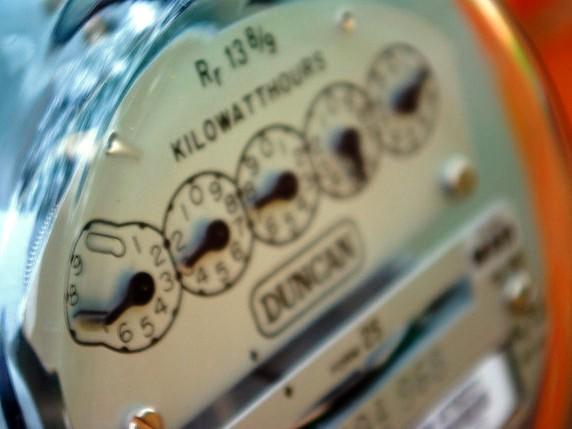
Section Branding
Header Content
Watchdogs Say Coal Plant Will Hike Rates
Primary Content

A Georgia consumer advocacy group says a new coal-fired power plant near Sandersville will significantly increase consumers’ power bills.
A new report from Georgia Watch says customers of the electric cooperatives who buy power from Plant Washington could see a 10 percent to 20 percent jump in their monthly bills. That would mean, on average, an additional $200 per year.
“Where customers would normally see a 2 percent rate of increase in their annual household bill, they will see increases in the first year of operation of 10 to 20 percent,” said Tom Sanzillo, the report’s author and an analyst with T.R. Rose and Associates.
Sanzillo said using coal to make electricity doesn’t make sense anymore.
“From a financial perspective, in both the Georgia markets and nationally, [a combination of] natural gas, efficiency, [and] wind...seem to be working out as better choices than coal,” said Sanzillo, a financial analyst with T.R. Rose and Associates.
A spokesman for the group supporting the plant said natural gas is part of the electric cooperatives’ overall fuel mix. But he said those prices are volatile, too.
“You do not want to have [the fuel mix] oversaturated in one fuel or the other because you stand a great risk when there are [price] swings relative to those technologies,” said Dean Alford, a spokesman for Power4Georgians.
Alford said the report makes too many assumptions about rising construction costs and the potential impact of federal carbon regulations.
Report author Sanzillo also said other utilities have abandoned plans to build similar power plants because of the expense.
“One hundred fifty-three new coal plant proposals have been canceled since 2007 in the United States,” Sanzillo said. “The reasons for the cancellations are financial; coal plants are highly risky and expensive.”
But Alford said the new plant makes more sense in the long run.
“Some of the old coal-fire facilities, as an example, they’re going to have to be retrofitted with some of the newer technologies and meet some of the new emissions standards,” Alford said. “Those costs in turn will be higher than a new facility will be.”
Alford said the plant wouldn't have gotten the financing it needs if utilities didn't need the power.
Tags: Plant Washington, Power4Georgians, Dean Alford, electric bills, Georgia Watch, electric membership cooperatives, Tom Sanzillo
